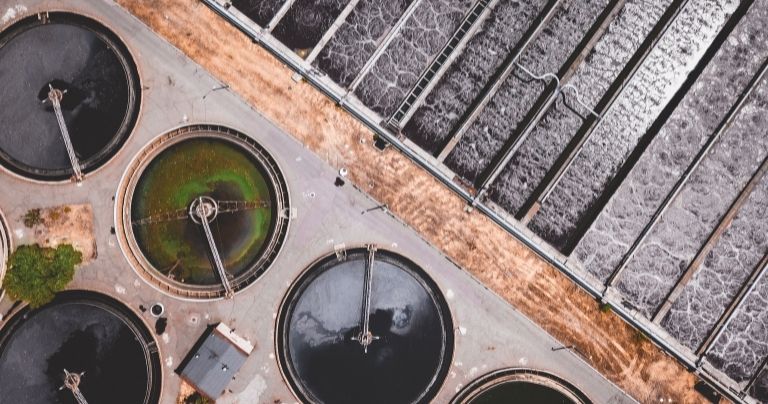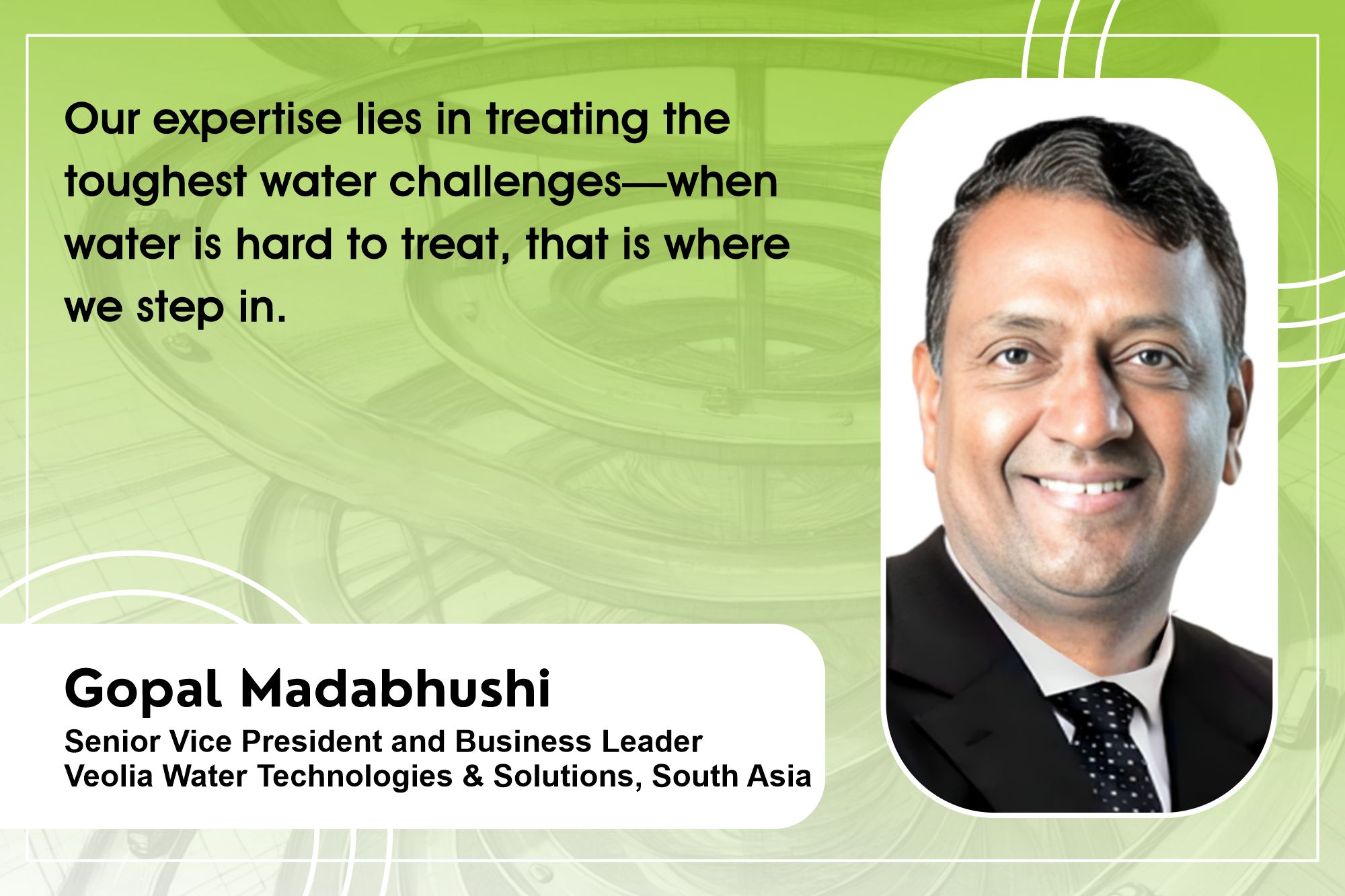Global water utilities could cut GHG emissions by 50 percent: Xylem reports
By Edit Team | December 16, 2021 5:29 pm SHARE

New paper outlines steps to accelerate sector’s progress toward zero-carbon future.
Global water utilities account for approximately 2 percent of Greenhouse Gas (GHG) emissions – the equivalent of the world’s shipping industry. The aforesaid figure is set to spiral as utilities work towards the UN’s sustainable development goal (SDG) of universal access to water and sanitation by 2030. But water utilities could cut their emissions dramatically and quickly, according to a new paper from global water technology company Xylem Inc. The paper further outlines the sector’s opportunity to reduce emissions quickly and affordably with current, high-efficiency technologies.
“Water operators have long been stewards of such an essential resource. Water infrastructure is a cornerstone of every community and local economy around the world,” said Patrick Decker, President and CEO. “But today’s water systems are also major sources of global GHG emissions – which is why a growing number of utility operators are showing leadership by committing to ‘net-zero’ emissions targets.”
“Readily available technologies are critical yet affordable part of the roadmap in utilities, race to zero,” Decker adds. Combined with changes in process, policy and practices, these solutions can get utilities well on their way to net-zero emissions.
Xylem’s initial study of wastewater infrastructure, ‘Powering the Wastewater Renaissance’, found that 50 percent of electricityrelated emissions from the wastewater sector can be abated with existing technologies, such as intelligent wastewater pumping systems, adaptive mixers with variable speed drives, and real-time decision support systems. 95 percent of this impact is achievable at zero or negative cost. Likewise, in clean water, further analysis by Xylem indicates that readily deployable high-efficiency technologies like advanced metering infrastructure (AMI) also have a material impact on emissions.
In UK alone, utilities could save up to 10 million tons of greenhouse gas by reaching net-zero in 2030. The paper further emphasises on deploying available high-efficiency technologies is one of several key steps leading utilities are taking as part of their wider strategies to reduce emissions, including:
- Make firm commitments to reduce emissions by joining the water sector’s Race to Zero. Led by the UN’s High-Level Climate Champions for Climate Action, the Race to Zero is a global initiative, rallying companies, cities, and regions to take immediate action to halve global emissions by 2030 and deliver a healthier, fairer zero carbon world in time.
- Deploy affordable, high-efficiency technologies to make meaningful, early progress. For example, intelligent wastewater pumping systems can cut energy use by up to 70 percentin wastewater pumping by reducing inefficiencies and emergency call-outs associated with clogging. On the clean water side, leak detection technologies can eliminate real water losses, saving energy consumed in the treatment and transport or water.
- Define the supporting processes, policies and practices to get all the way to net zero. Water UK’s Net Zero 2030 Route-map details the broad range of approaches that are required to deliver on this commitment and provides specific actions to create accountability, reduce the costs and risks of the transition to net-zero, and to unlock new benefits.
“There’s an opportunity for our sector to make a huge difference, starting now,” continued Decker. “The foundations of success are available, today: affordable technology, experience, funding, collaboration and, increasingly regulatory incentives. Water utilities can win the race to zero while delivering the essential services on which their communities’ health and prosperity depend.”
For more details:
Visit: www.xylem.com/en-us/
Media Contact: Houston Spencer +1 (914) 240-3046
Houston.Spencer@xyleminc.com
Cookie Consent
We use cookies to personalize your experience. By continuing to visit this website you agree to our Terms & Conditions, Privacy Policy and Cookie Policy.




































-20240213125207.png)

























